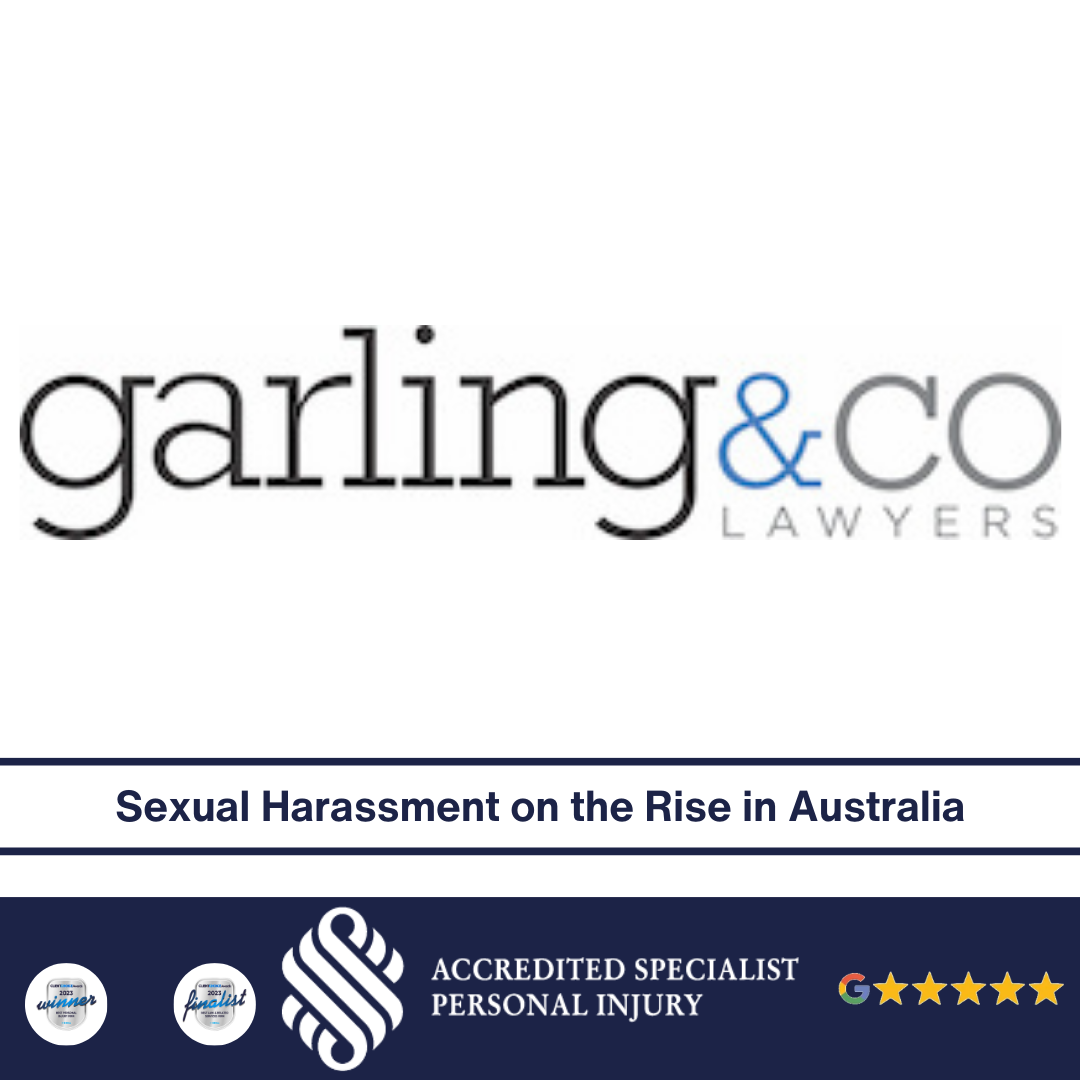
With funding being cut to a number of organisations that are aimed at helping the victims of sexual harassment, many victims feel that they are unsupported and cannot leave their jobs.
However, if this is you, it is important to remember that sexual harassment is illegal and there are things you can do, and people you can talk to.
If you are being sexually harassed in the workplace you should report it to your manager or human resources team. You should also keep any documents relating to the harassment.
You should record as much information as possible as it may help you down the track if your case is referred to court.
If you do not feel like you cannot continue to work because of the assault or harassment it is important that you obtain a medical certificate from your GP. It is vital that the medical certificate details why you are having the time off work.
If you have sustained an injury either physical or psychological you can make a claim for workers’ compensation benefits under the NSW Workers Compensation Act (NSW) 1987.
You can also make a complaint to the Australian Human Rights Commission. This should be done within 12 months of the harassment. The AHRC has the power to investigate and conciliate any such complaints and make a determination as to whether the sexual harassment was unlawful discrimination in accordance with the Sex Discrimination Act.
Most importantly, the Sex Discrimination Act allows for payment of damages from the person who has assaulted you and from an employer who can be found to be vicariously liable. If you have been sexually assaulted or harassed at work, you may be able to claim compensation for your loss of income and pain and suffering. This can be substantial compensation if you cannot return to work because of the harassment.
You should speak to a lawyer about your rights.
Garling and Co offer a no obligation, free initial consultation so you can understand your rights and determine if you have a claim.












